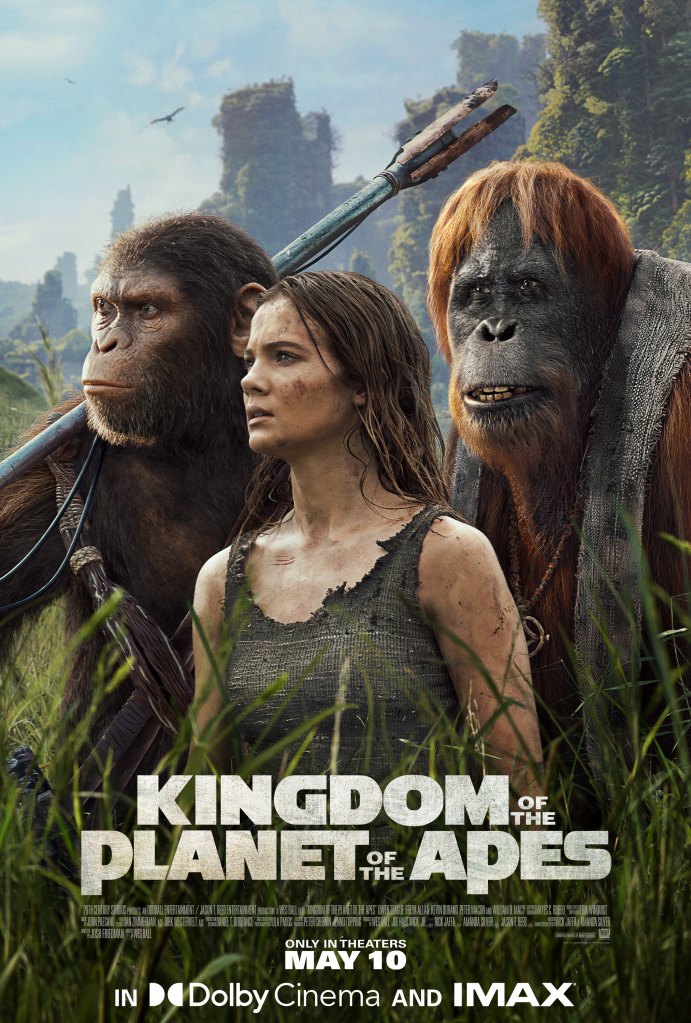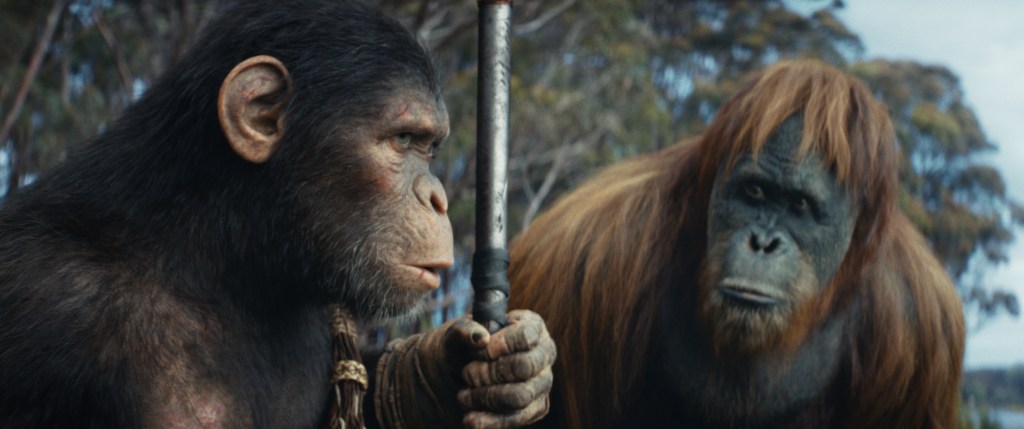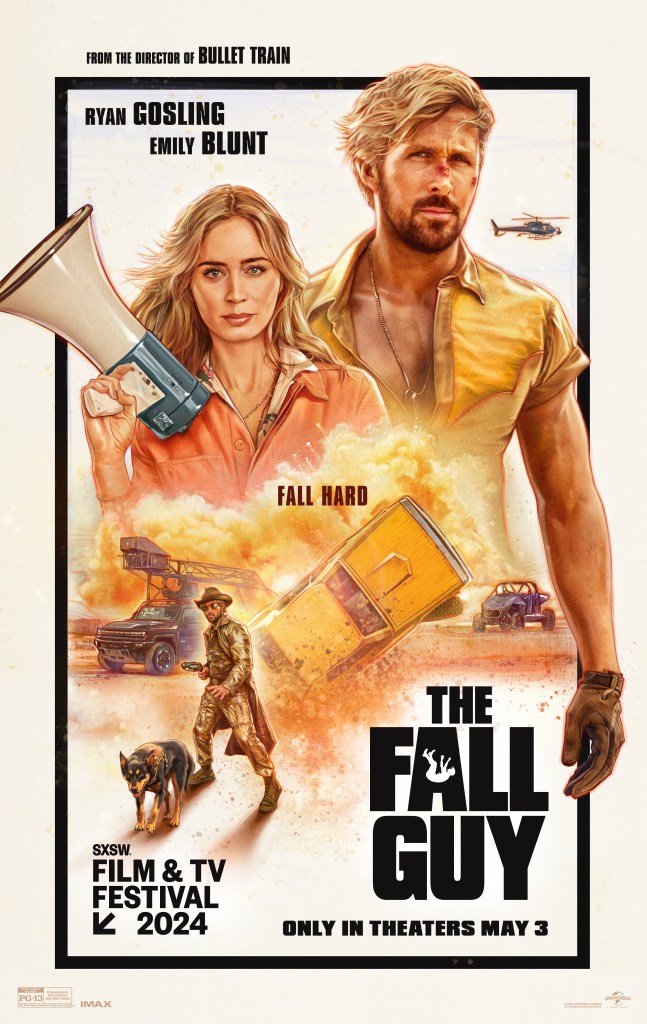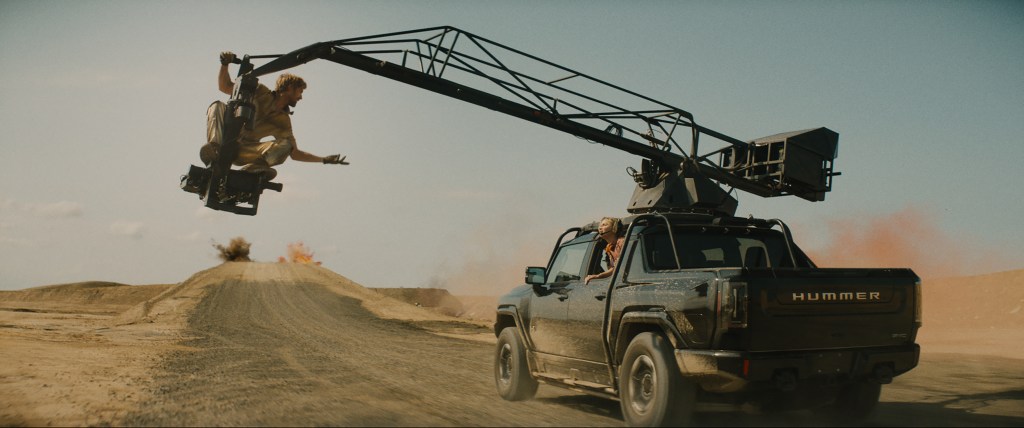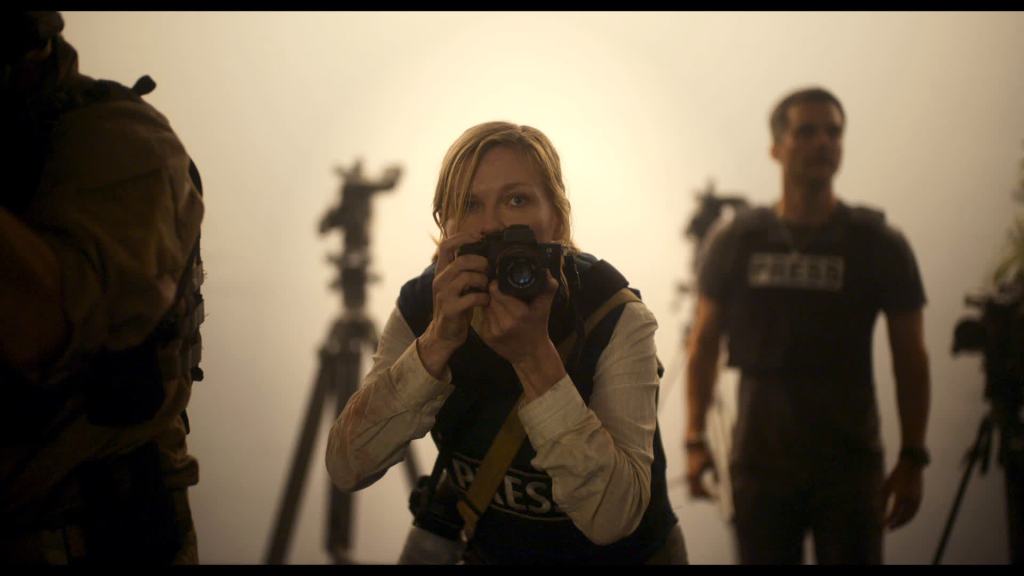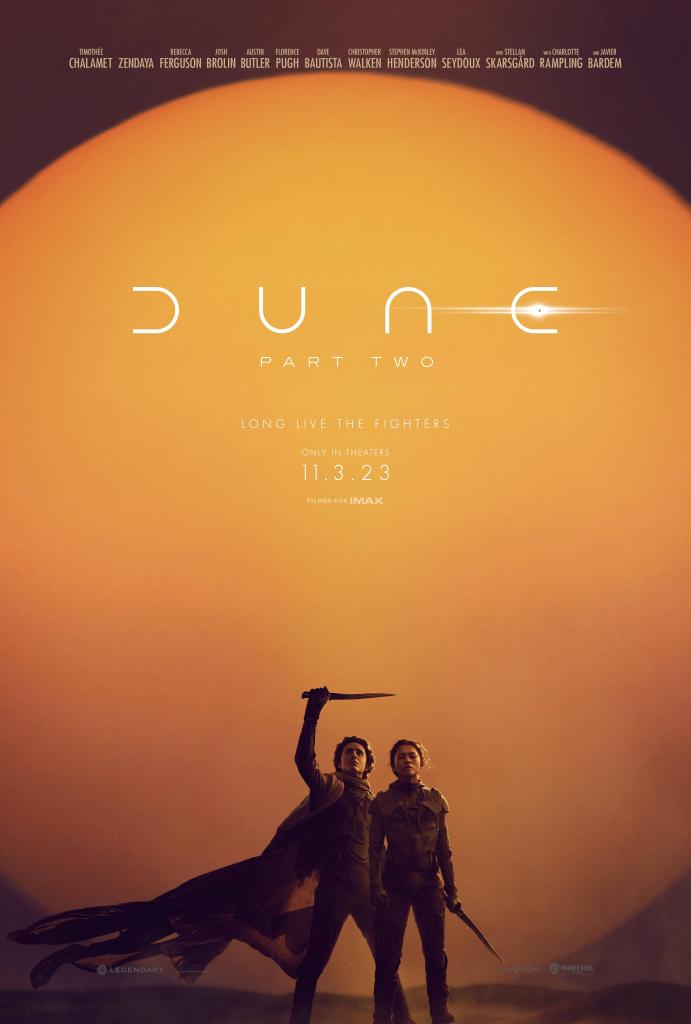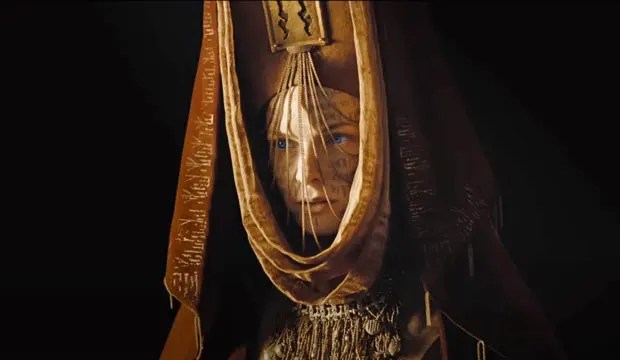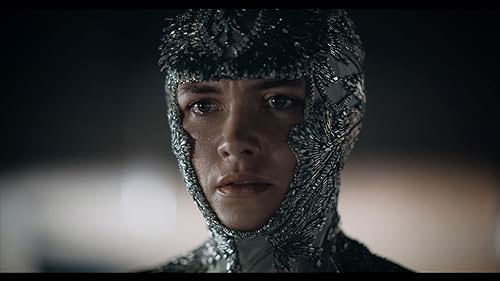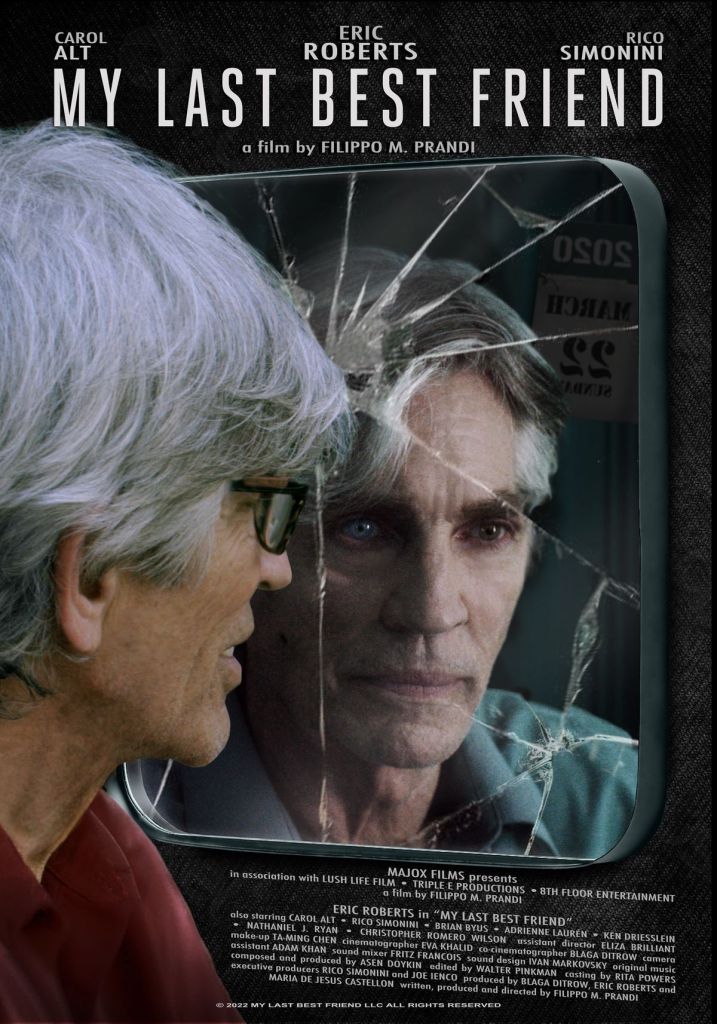
Director: Sam Taylor-Johnson
Cast: Marisa Abela, Jack O’Connell, Eddie Marsan, Lesley Manville
Screenplay: Matt Greenhalgh
122 mins. Rated R for drug use, language throughout, sexual content and nudity.
Music biopics seem to be a subgenre that’s never really gone away, resurfacing every few years to drop a few new installments before slipping back into hibernation for a short time. In the last few years alone, we’ve seen Maestro, Bob Marley: One Love, Elvis (and, to an extent, Priscilla), Rocketman, and Bohemian Rhapsody. Add to that a new look at the life of Amy Winehouse, directed by Sam Taylor-Johnson (Fifty Shades of Grey). In the ever-expanding canon of music biopics, Back to Black doesn’t have much to offer outside of its subgenre trappings.
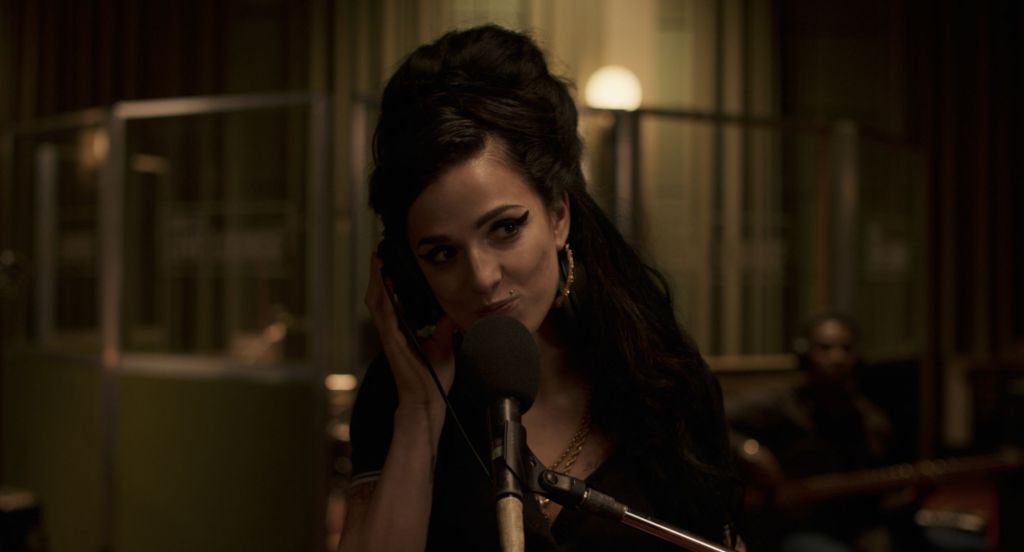
Covering the time just before Amy Winehouse (Marisa Abela, Barbie) found the fame she didn’t want up to her death at 27 due to alcohol poisoning, Back to Black covers a lot of ground in the very notable life and death of a truly unique voice in music. Through her loving relationship with her nan, Cynthia (Lesley Manville, Phantom Thread), to her more strained relationship with lover-turned-spouse Blake (Jack O’Connell, Ferrari), we are presented with a tragic view of a life cut short.
It becomes quite obvious as Back to Black treads its narrative is that Taylor-Johnson and screenwriter Matt Greenhalgh (Floodlights) seem to have misunderstood the very words uttered by Winehouse so early on in the film. Frequently, the singer speaks about how much she wants to be remembered more for her music than anything else. Yet music seems to be the last thing on Greenhalgh’s mind as he focuses his screenplay on drugs, alcohol, and death. He seemingly remember’s this fact at the end, with the film ending on a scene of singing instead of death, but by that time, the film’s attempt at a message is too far gone. That’s not to say that the drugs and alcohol elements have no place in a story about the life of Amy Winehouse, but it seems like his script wants to bullet-point her life into view, choosing to check things off a nonexistent list of “required” standard biopic elements, making her life seem a lot less interesting. If he wanted to stay truer to her wishes, as is spoken in the film, it would have been more impressive to spend significantly more time on her relationship to the music she loves so much. Outside of the incredibly cliche early scene where she stares directly at the camera and seems to immediately conjure up a complete song, lyrics and all, we barely see her interacting with her music outside of just a lot of singing.
Now, that probably sounds like me critiquing the film I wanted instead of the film I got, but it’s also mentioned constantly in the finished film how much Winehouse leaned on her love of music as a support system, even explaining once that the music is like rehab for her, and yet there’s very little music creating in the movie. What is in Back to Black can be serviceable enough for some, but it still follows standard music biopic elements, mostly overdone and boring after so many similarly-tread films, and glosses over what made Winehouse such a memorable musician.
It should be noted that a number of performances in the film are pretty solid, including Abela’s lead performance. Apparently, she spent a long time learning to emulate Winehouse’s singing and conversational voice for the film, and while not perfect, she does better than expected, though some of the music editing in the film, notably when she’s singing not on stage, comes off unrealistically, fabricated in a booth instead of naturalistic (this happens in the opening of the film, where Amy sings with her father surrounded by her extended family). Abela is further elevated by strong work from O’Connell, Manville, and Eddie Marsan (Deadpool 2) as father Mitch. I just wish they were in a stronger film.

Unfortunately, Back to Black falls in with the more traditional faults of music biopics, trying to cover all the bases without making any one of them stand out. It doesn’t have a style that showcases the person it’s focused on, and the occasional blandness of the storytelling make for an uninspired and occasionally boring film. While it may work for those who have not seen the well-regarded documentary Amy, or for more extreme fans of this singer, it’s not something I can recommend.
2.5/5
-Kyle A. Goethe
For my review of Sam Taylor-Johnson’s Fifty Shades of Grey, click here.


